Ngo Duc Hanh has published many collections of poems, each of which has left an impression on readers. It is easy to see that throughout his poetry there is always a vertical axis, which is the love for his homeland, his roots, and the beloved Central region. Goi Dong (Literature Publishing House, 2025) is also part of this hidden vein. As he confided on Facebook: "In the 57 poems, there are poems composed in the past 10 years, but mainly in the last 2 years. That is also a portrait of my memory - a person covered in mud, throwing himself into every corner of the human world that I have devoted myself to, hoping to come." Entering the collection of poems, readers will encounter a rustic, experienced, sincere, and no less haunting poetic voice, just like the way he has devoted himself to life, diligently working with words.
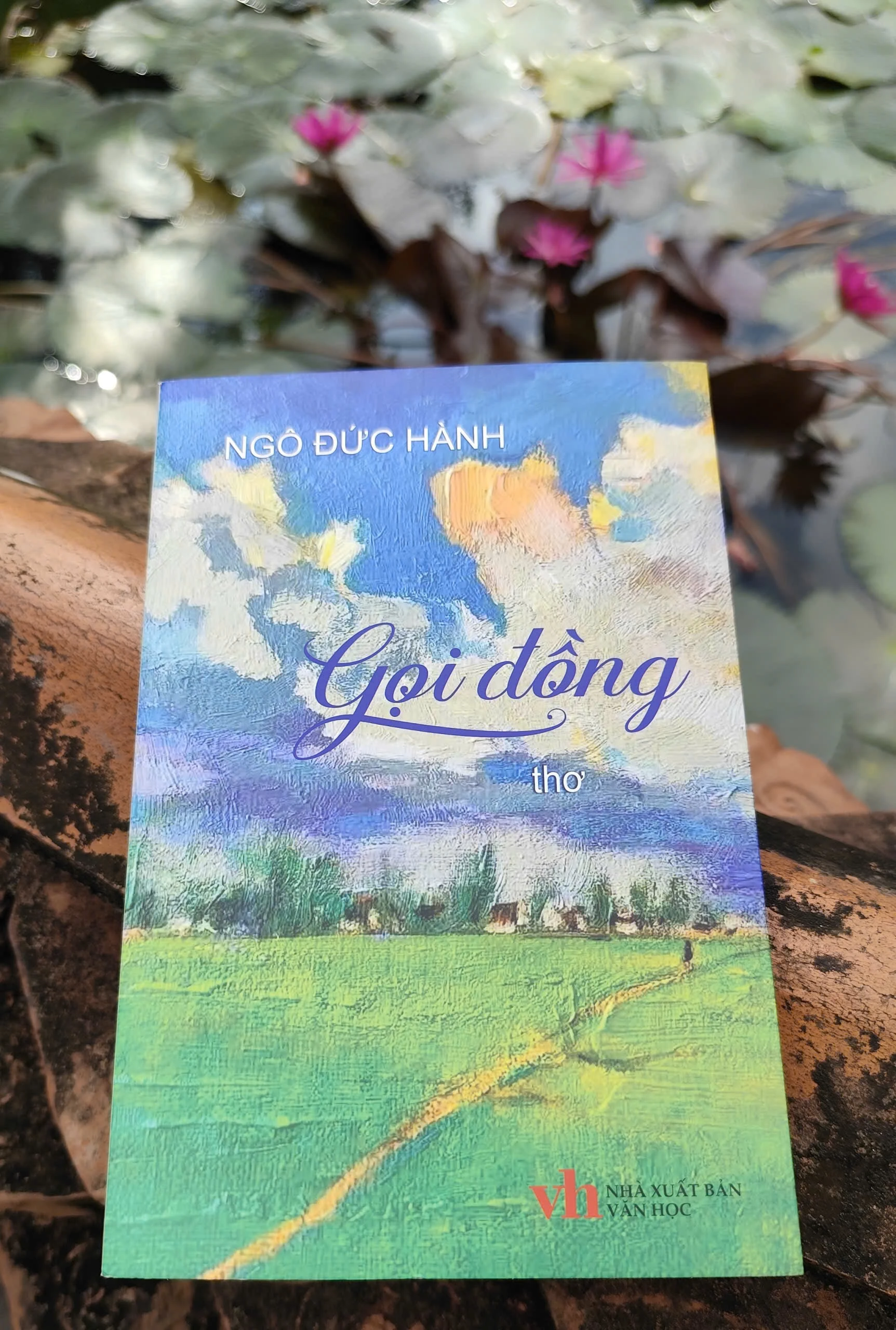 |
| Poetry collection Calling the Bronze by author Ngo Duc Hanh - Photo: TA |
Calling the field consists of three parts: Source, Calling the field and Simple things. Source is considered a map of memories, leading back to the roots, recreating the mountains, rivers, villages and cultural traditions of the Central region. Ngo Duc Hanh's poetry connects personal experiences with common memories to form an associative field imbued with love for the homeland. Familiar place names such as Nghen Ru, Nghen River, Cha Well, Hong Linh, Trao Nha... enter the poem as signals of remembrance, imbued with the first cry of life, the breath of the people, the rhythm of life filled with love for the homeland.
Reading the verses: My roots cling tightly to Nghen hill/in front of me the river is full of cold rice flowers/in front of me the water hyacinths drift without thinking about anything, sinking or floating/on the other side the starling returns with tired eyes… (Source); or "a bowl of burnt rice soaked in the sun and rain/the vinegar sweat is sweet and sour on the village side" (Tet comes, remembering mother and father), we realize the love of flesh and blood for the homeland. His simple poetic images connect and marry people with nature, culture and history in a continuous flow.
After the root layer, Ngo Duc Hanh develops the depth of nurturing through the image of the field. The field is present as the center of spiritual life, supporting the entire emotional circuit and also the axis for the poet to project existential thoughts. The countryside has been breathed into life, personified and symbolized by him. "The image of "the field with a scarf on its head" elevates the countryside into a symbol of motherhood, the motherland both offers alluvial nourishment and bears the endless grief: "The field with a scarf on its head/tomorrow/the white stork will not return" (Go to sleep, field).
The verse “calling the fields like calling mother and father” in the stanza "The village fields/raised me up/the betta fish, the shrimp, the prawns/calling the fields like calling mother and father" (Calling the fields)… affirms the attachment, considering the countryside as a familiar origin. The fields in the Calling the fields section therefore evoke the source of life, the protection of mother earth and reflect the harsh challenges, the burning, blistering of the Lao wind and the heavy burden of food and clothing in the poor countryside, the uncertain and unstable harvest seasons.
Going from the origin to the countryside, Ngo Duc Hanh brings readers back to the simple life of the family. In the poems Home Garden, Watching You Work in the Garden, Old House, Golden Fragrance of Straw, he evokes a warm home with a familiar scene: Golden straw, vegetable garden, birdsong, rustic earth scent... The old house, though deserted, still smells of sweet potatoes, green tea leaves, sour tamarind seeds, and fragrant coriander. The garden has the figure of father, the figure of mother, the voice, the smile, the hard work left in every callus on the hands. Happiness is not somewhere far away but is right in the daily hardship, in the simplicity of life. That is where his poetic soul resides, shining with humanity, linked to the childhood home and the land of his ancestors.
Putting the three poetic fragments side by side, we see a discreet circle starting from the source, expanding to the nurturing realm and closing in simplicity. Ngo Duc Hanh’s poetry therefore carries within it the echoes of the past combined with the self-reflective perspective of the present. Fields, rivers, rain, roofs, gardens, straw… enter the writings as living beings that know how to speak, know how to hurt, know how to preserve traces of human life.
The appeal of the collection of poems also lies in its ability to synthesize. He brings historical places and figures together with childhood games; places the pain of war next to the scent of lemongrass and lime; connects the sweat of the Central region with creative philosophy. This method of synthesis creates a rich intertextual whole that is firmly anchored in the folk vein but still effectively dialogues with the modern spirit. His journey back to the past therefore aims to understand and feel more fully the value of the present.
The poem The Simple Thing closes the collection Calling the Field, establishing Ngo Duc Hanh's artistic manifesto. He affirms that true creativity cannot borrow emotions, each word must come from a trembling heart and only in simplicity can it touch the reader's soul: "The tearful words/flow from the heart with many levels/oh right/not only need to live carefully with oneself but also with one's whole life//one's own words can easily touch the heart!/Cannot borrow/borrow//emotions/to write a poem/to weld words without stirring up sympathy/Reading yours/I know/why the poet's stove is off?". Simplicity is not superficial simplicity but the result of living carefully with oneself, living fully with life so that poetry naturally resonates with sympathy.
Looking back at the journey of tireless literary labor, from the initial spontaneous sharing on social networks to the carefully polished pages of poetry, we witness the almost absolute intertwining between Ngo Duc Hanh's personality and poetry. He lives his life to write and writes as a way of life. Creativity for him is first of all a self-questioning, an uncompromising commitment, in which honesty becomes a prerequisite to awaken artistic pleasures. The three parts of The Source, Calling the Community and The Simple Things form a circle returning to the self, starting from the roots, going through the memories of work and stopping at simple philosophy. This circle has demonstrated Ngo Duc Hanh's poetic journey, the journey of a poet going to the end of simplicity to devote himself to words and seek poetic value.
HTA
Source: https://baoquangtri.vn/van-hoa/202510/nguoi-tho-di-den-tan-cung-gian-di-4f8703d/


![[Photo] Prime Minister Pham Minh Chinh receives United Nations Secretary-General Antonio Guterres](https://vphoto.vietnam.vn/thumb/1200x675/vietnam/resource/IMAGE/2025/10/25/1761390212729_dsc-1484-jpg.webp)

![[Photo] National Assembly Chairman Tran Thanh Man receives United Nations Secretary-General Antonio Guterres](https://vphoto.vietnam.vn/thumb/1200x675/vietnam/resource/IMAGE/2025/10/25/1761390815792_ctqh-jpg.webp)
![[Photo] Prime Minister Pham Minh Chinh and United Nations Secretary-General Antonio Guterres attend the Press Conference of the Hanoi Convention Signing Ceremony](https://vphoto.vietnam.vn/thumb/1200x675/vietnam/resource/IMAGE/2025/10/25/1761391413866_conguoctt-jpg.webp)


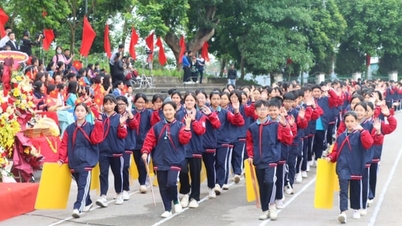

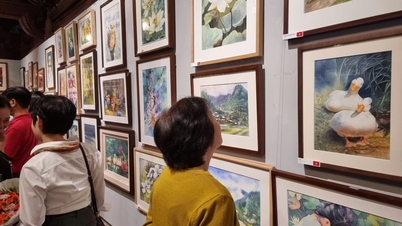



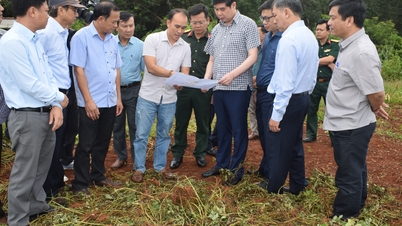

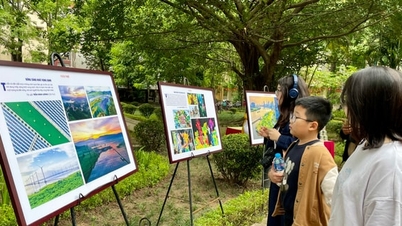
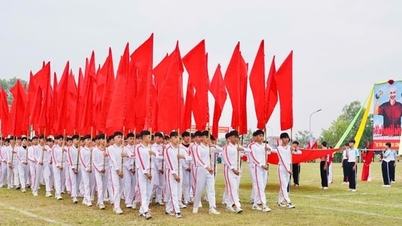






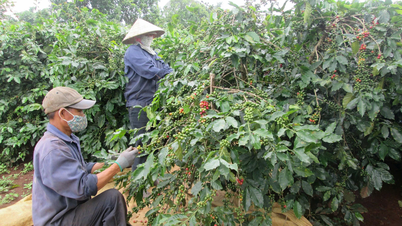
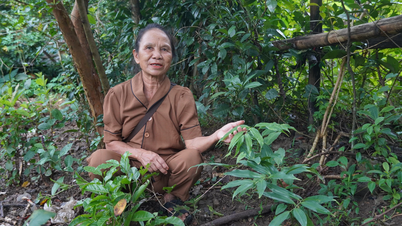

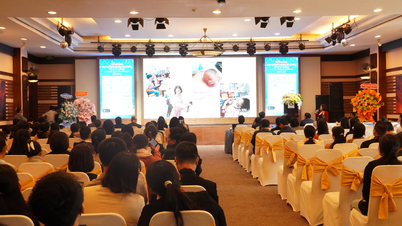
![[Photo] General Secretary To Lam meets with General Secretary and President of Laos Thongloun Sisoulith](https://vphoto.vietnam.vn/thumb/1200x675/vietnam/resource/IMAGE/2025/10/25/1761380913135_a1-bnd-4751-1374-7632-jpg.webp)
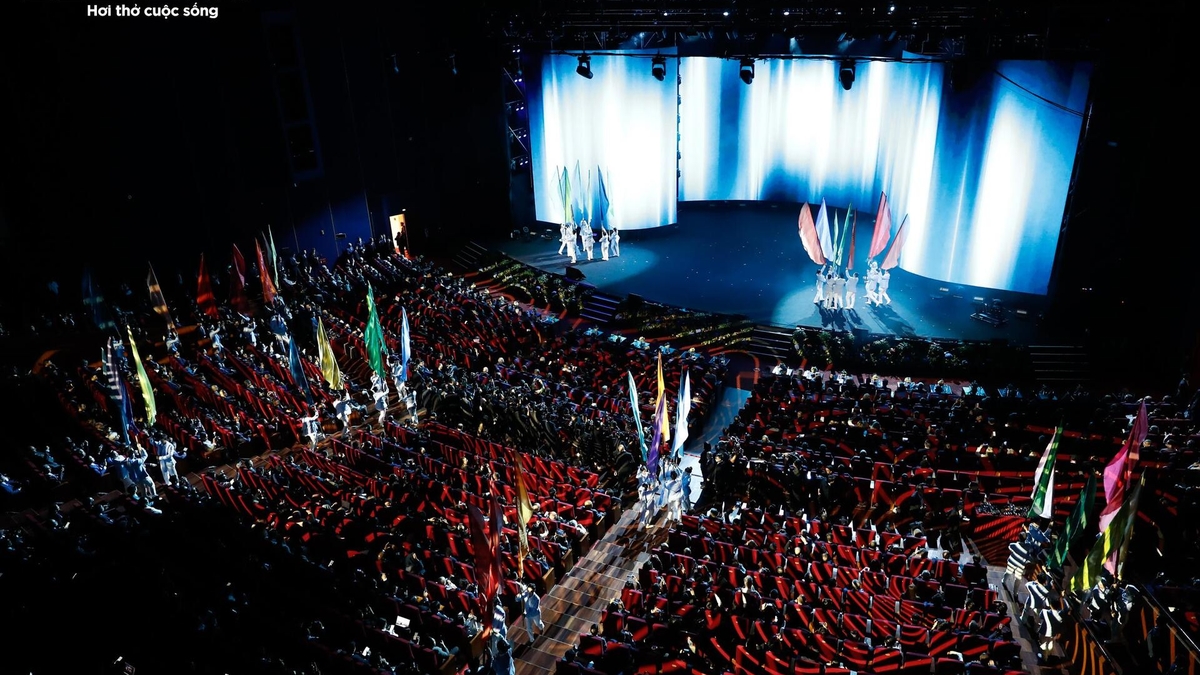












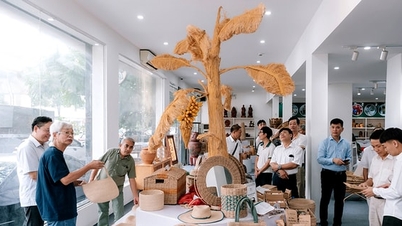


























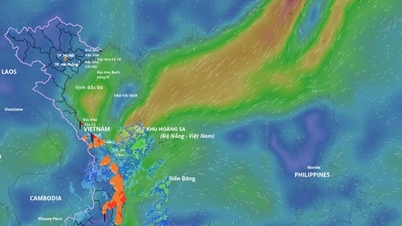









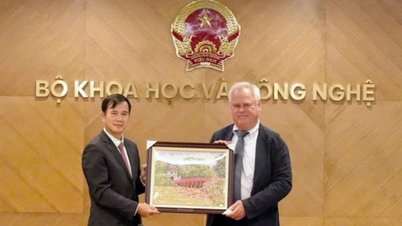
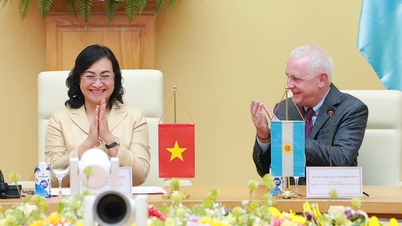

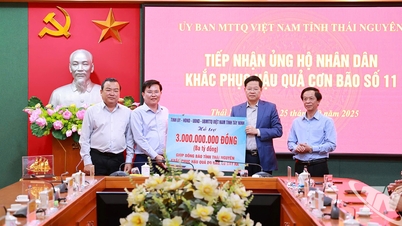

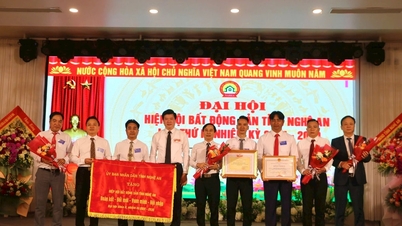
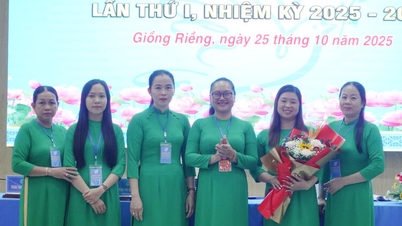



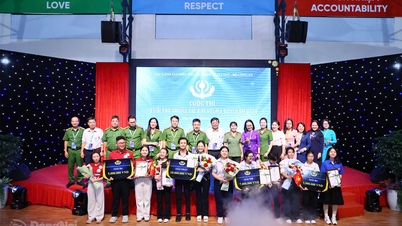













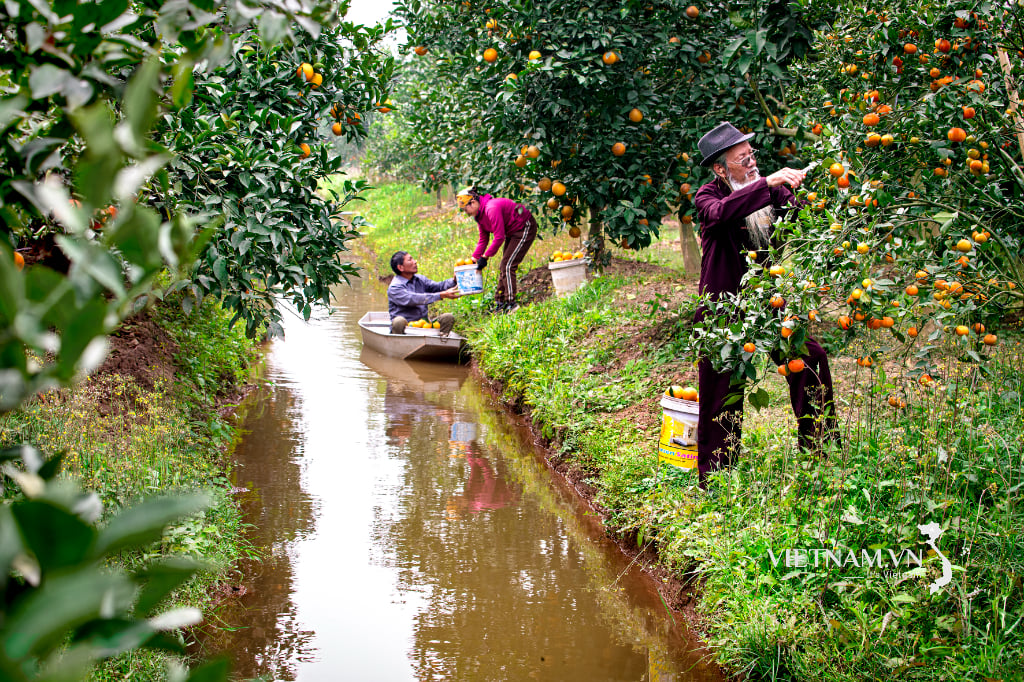



Comment (0)